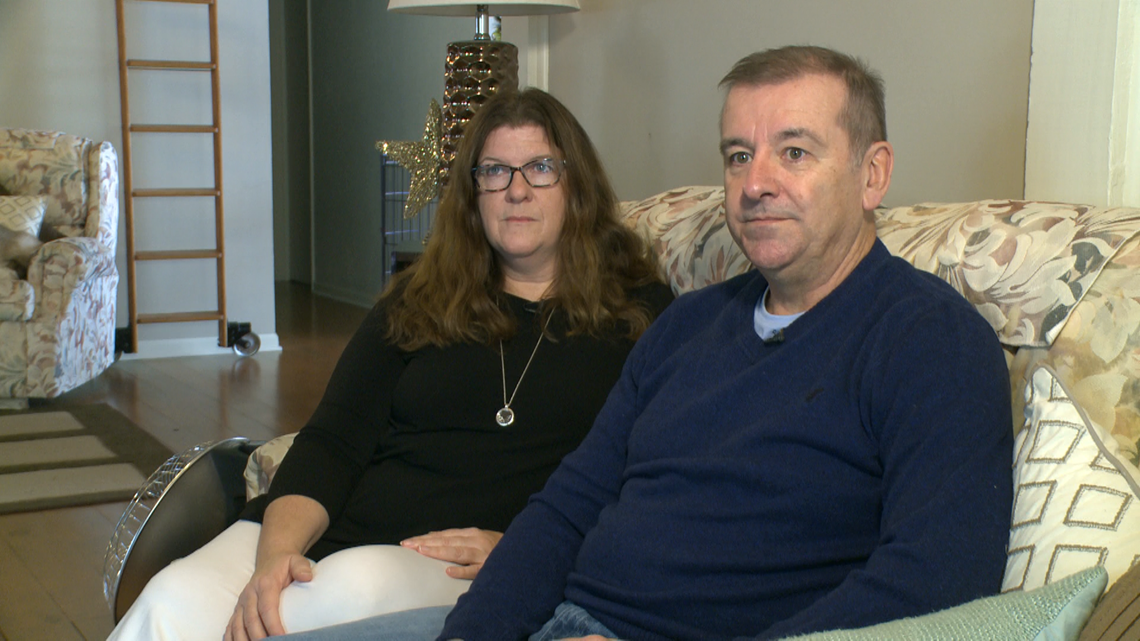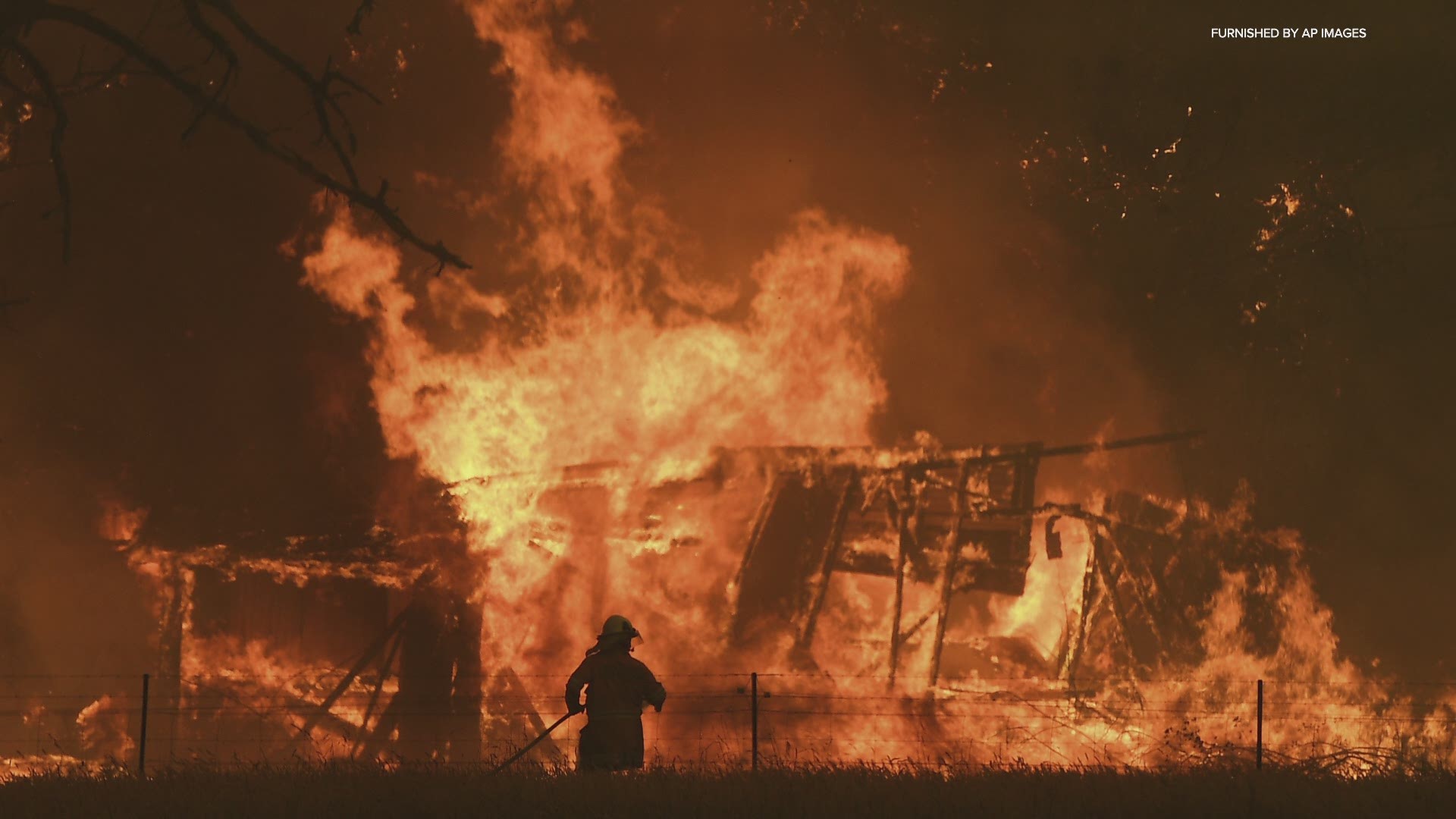CHANHASSEN, Minn. — Australia's bushfires show no signs of letting up. The fires have killed at least 17 people and destroyed hundreds of properties.
Coral and Craig Wilkins of Chanhassen are paying close attention to the fires in their native home of Australia.
"It's devastating," said Coral, who grew up near Sydney. "I've got a 90-year-old dad who lives by himself on the Central Coast and he's never see anything like this in his life."
While bushfires are common in Australia, this is unprecedented.
"These ones are just beyond belief in terms of the scale and the size," Craig said.
Record-breaking temperatures, a three-year drought and strong winds have fueled the fires. Environmentalists say climate change has made it worse. A heat wave in December led to a high temperature of 107 degrees and summer isn't over.
According to Craig, they typically experience the hottest days of the year in February.
"Pretty sad to see what we see now with fires," Craig said.
Volunteer firefighters have been working around the clock. The federal government recently announced it would be paying volunteer firefighters in New South Wales.
Authorities aren't sure on exact numbers yet but believe the fires have killed millions of native animals. A government official in December said she feared that up to 30% of the koalas in New South Wales may have been killed.


"The whole Mogo township was lost. They saved the zoo but lost the township. So kind of does tug the heartstrings. Wow, I remember that as a kid," Craig said.
Thousands of people have been forced to evacuate. Coral said her niece and sister-in-law have property out in Cessnock and they're prepared to leave.
"They've packed photo albums, things like that," Coral said. "They're ready to leave if they need to."
About 12 million acres of land have burned nationwide in the past few months. By comparison, the 2018 fires in California—the state's most destructive—burned about 1.9 million acres.
Craig will be flying back to Australia in three weeks. In the summer, the family will be moving to Melbourne for Craig's job.
"It'll be very different, probably," he said.
The Guardian has an article with a list a resources for helping those affected by the fires.

